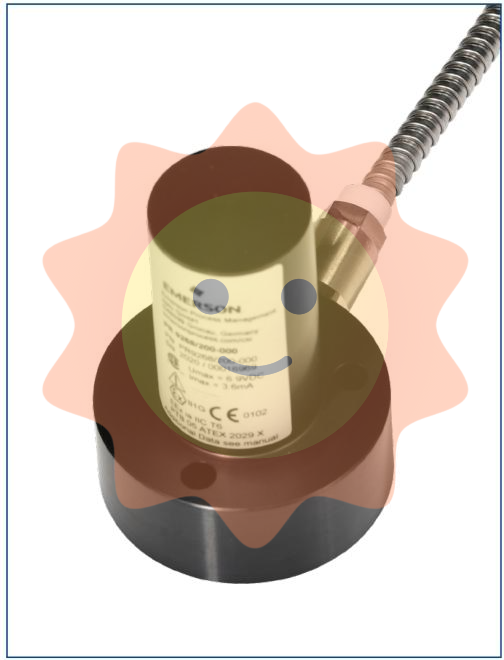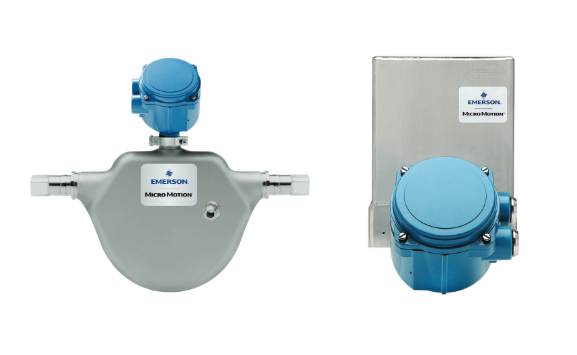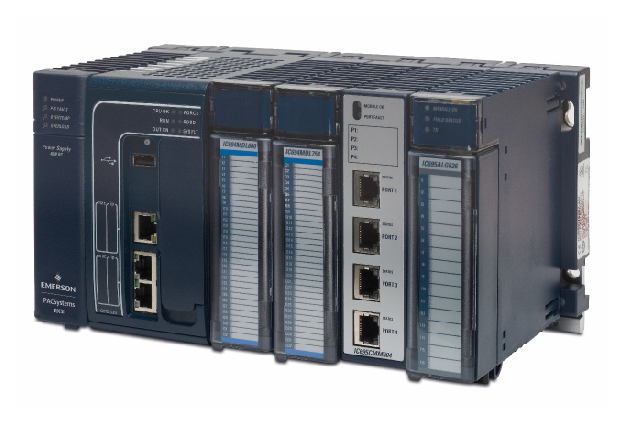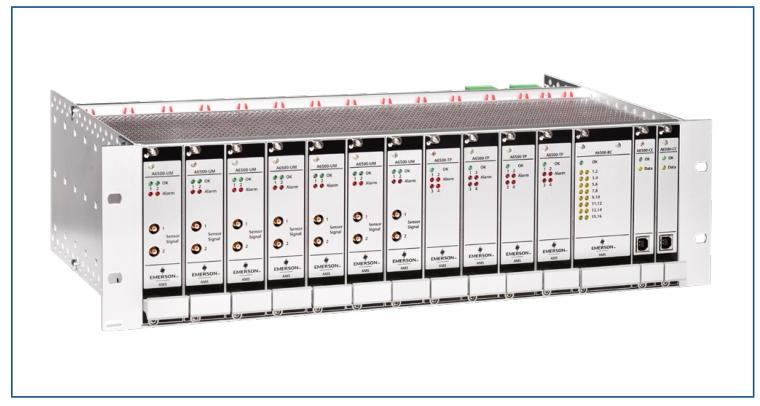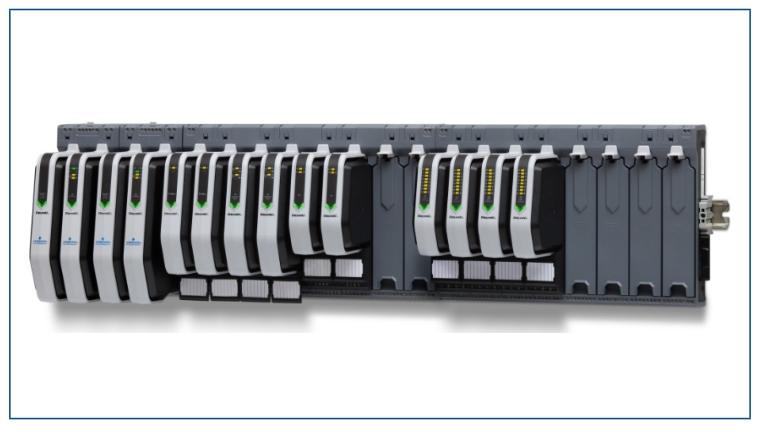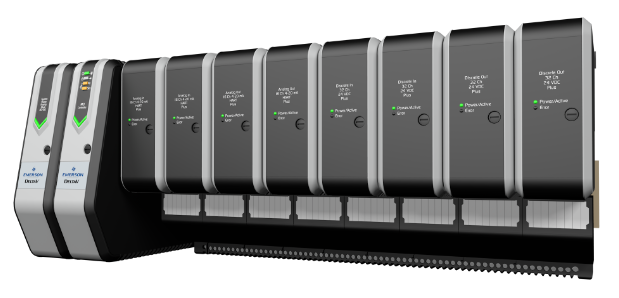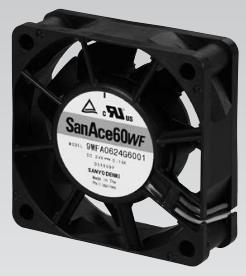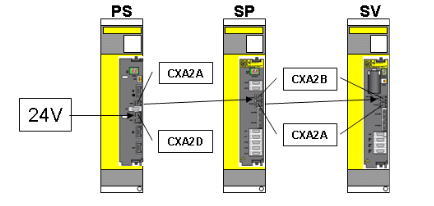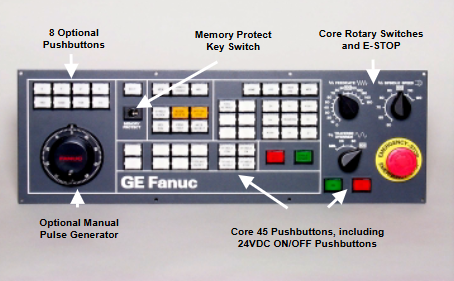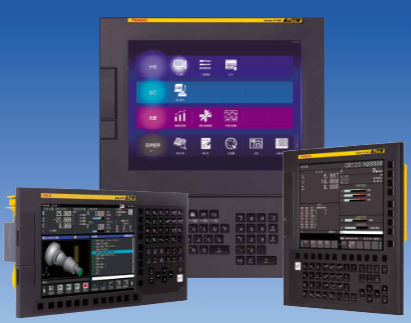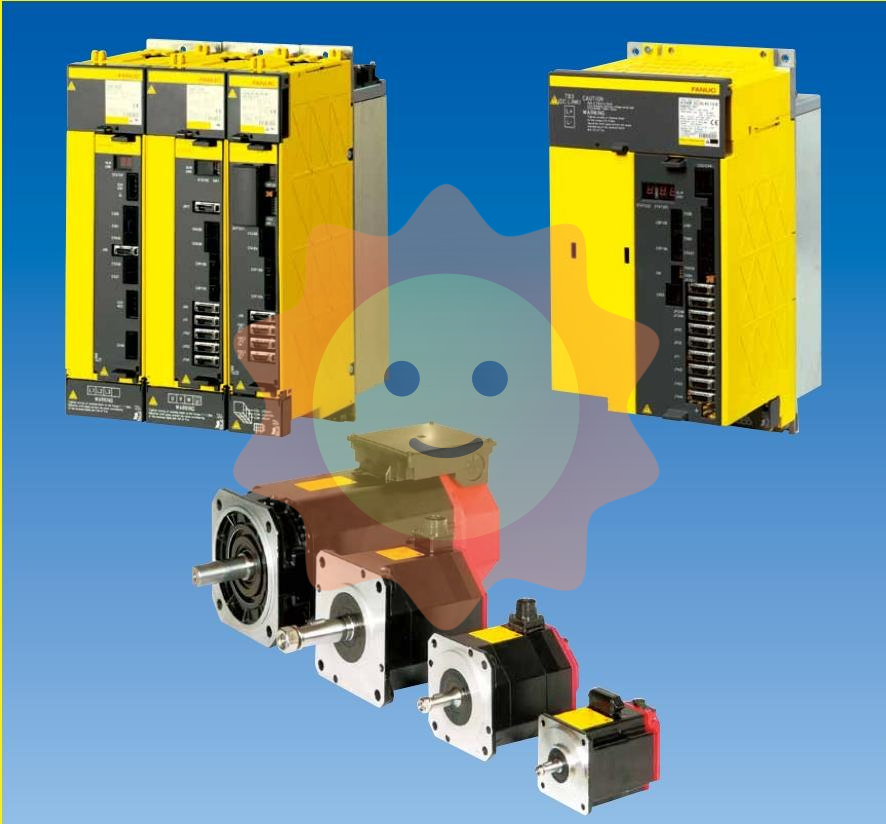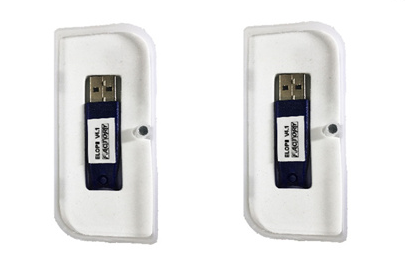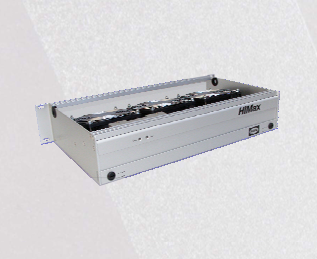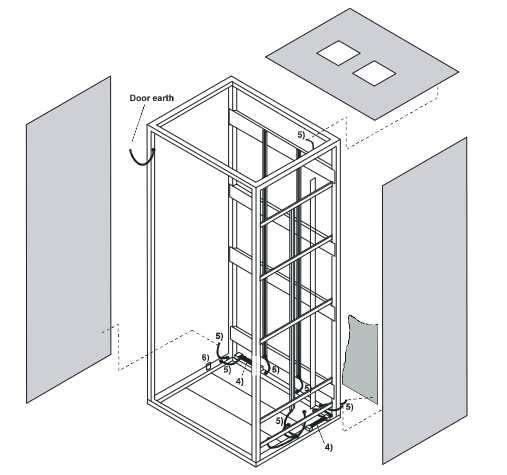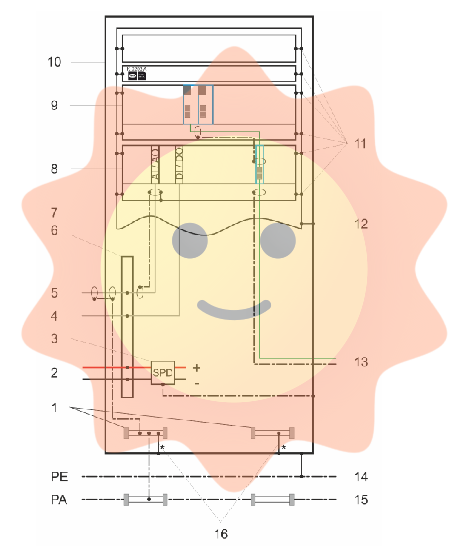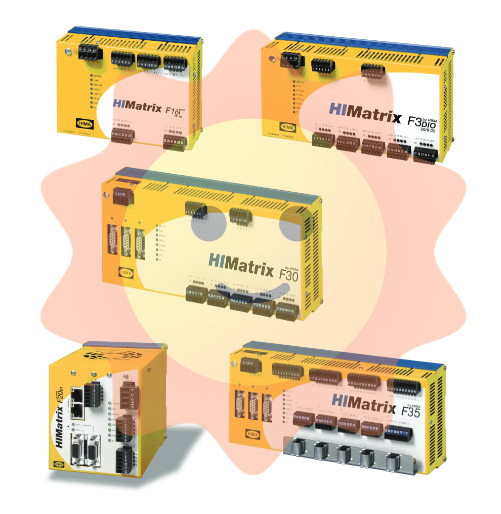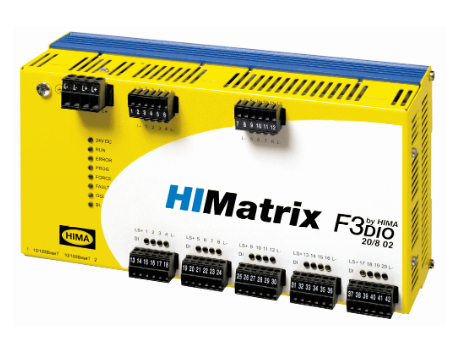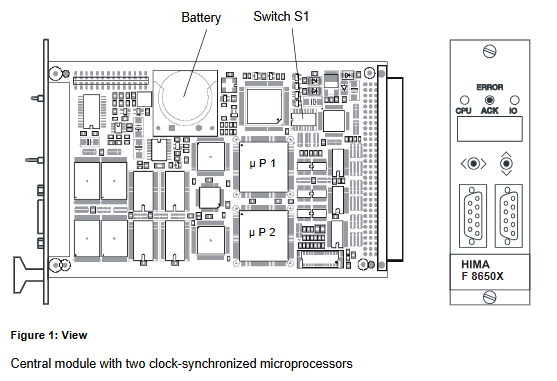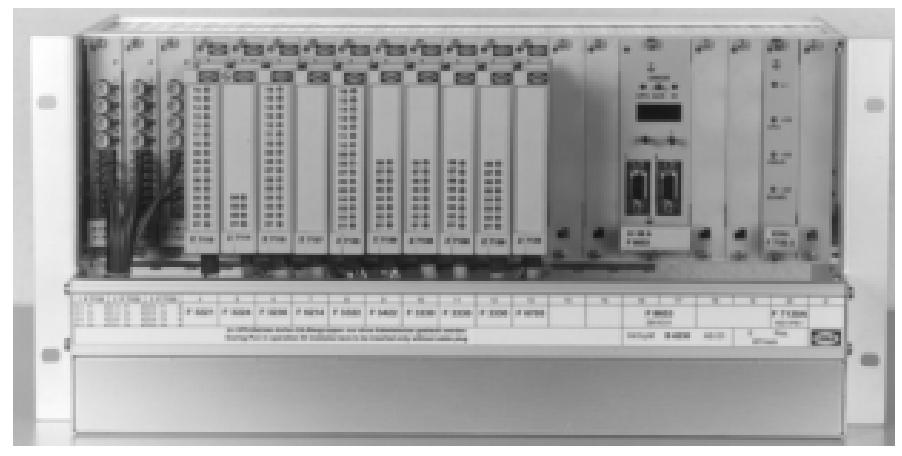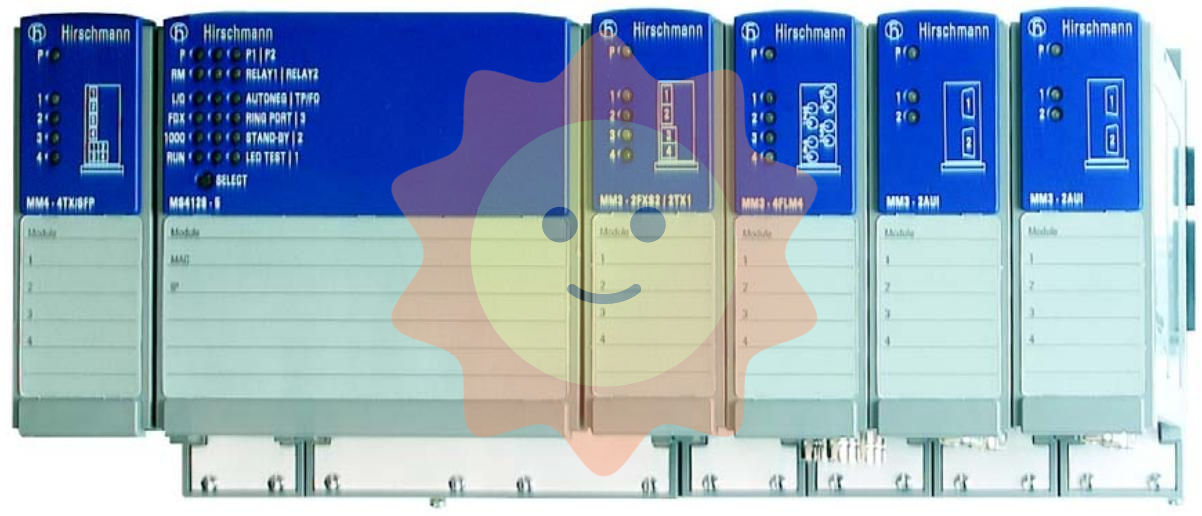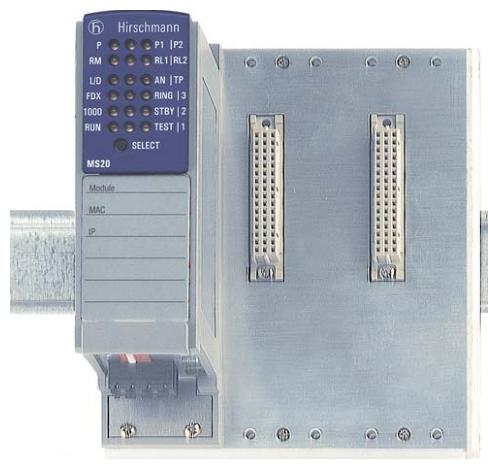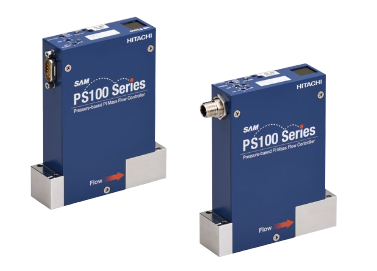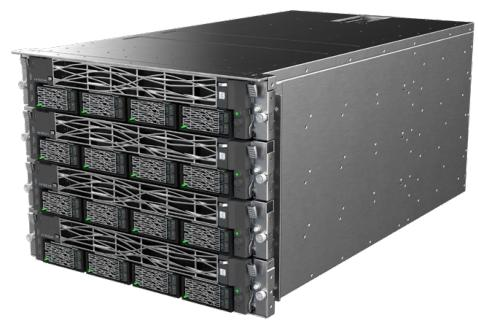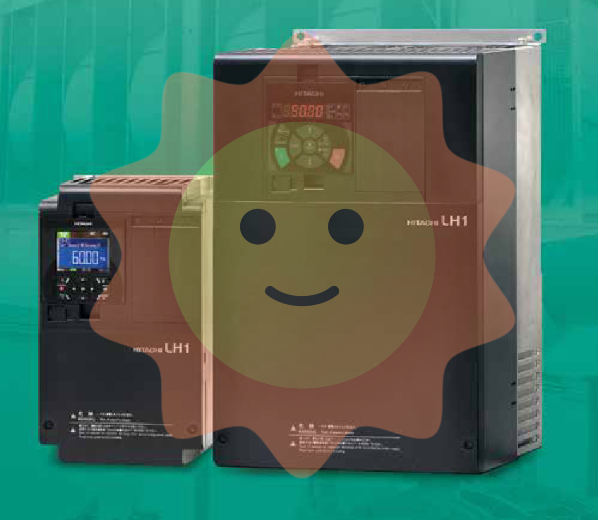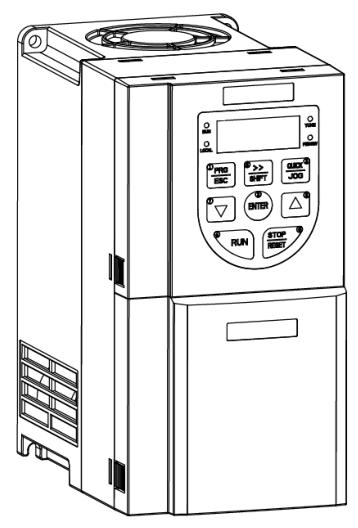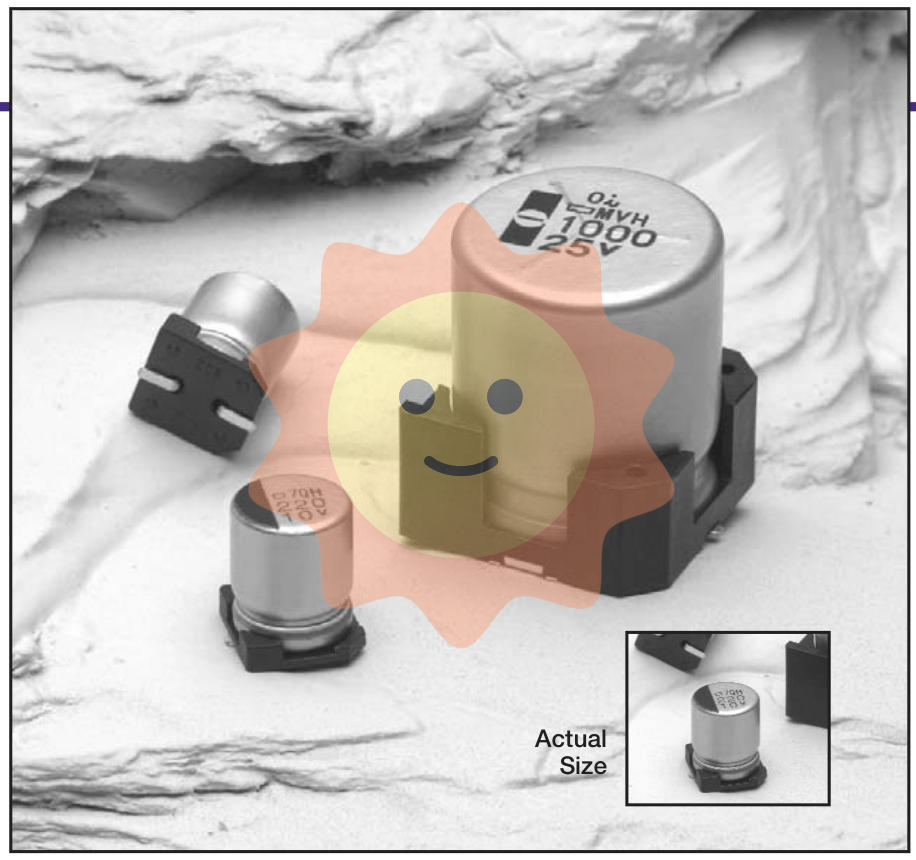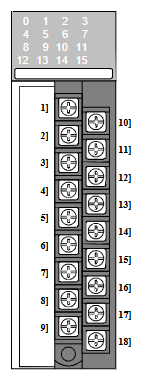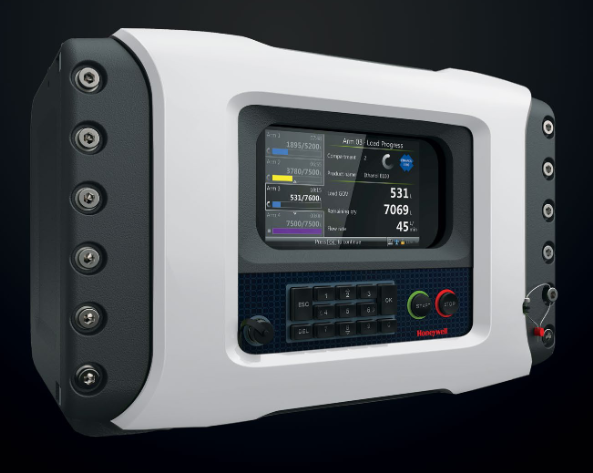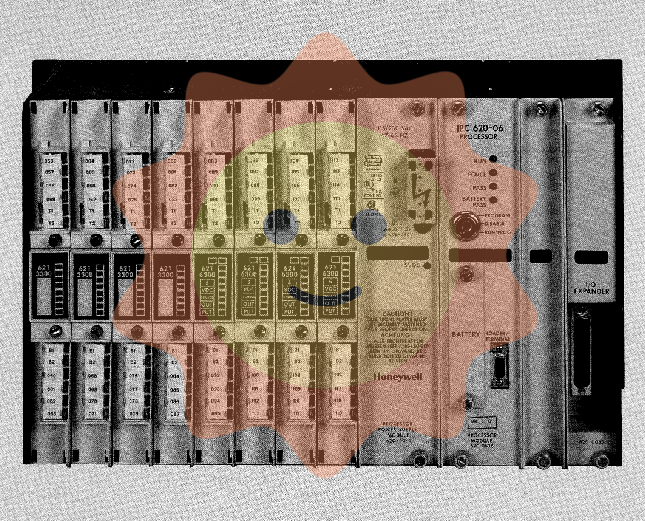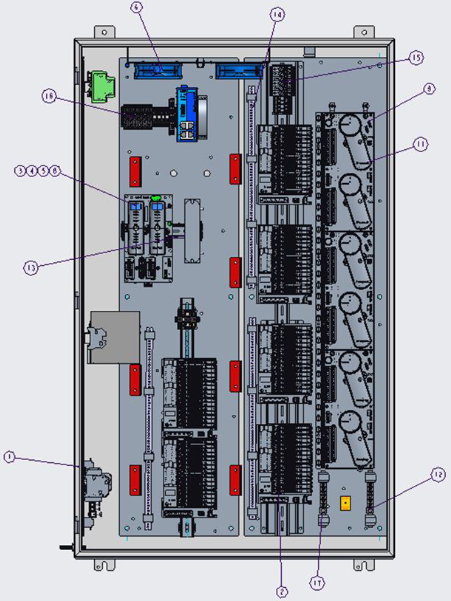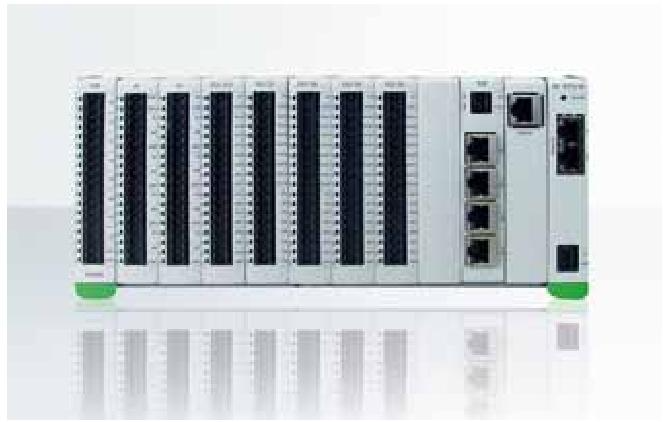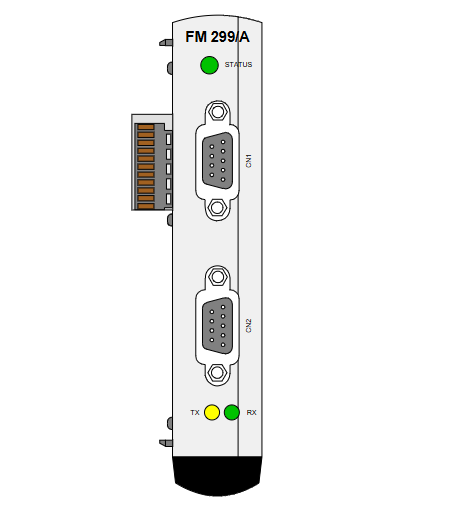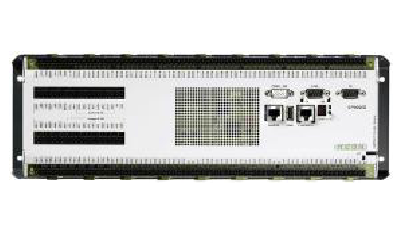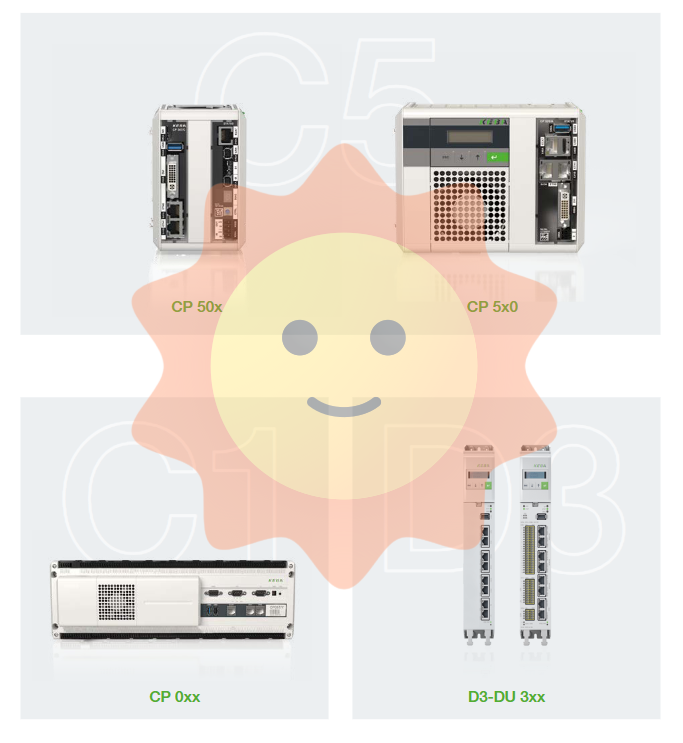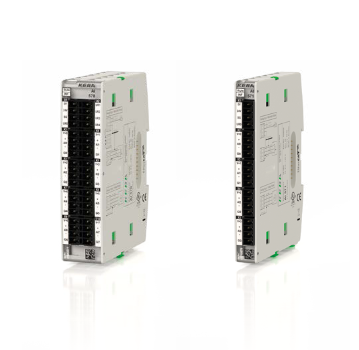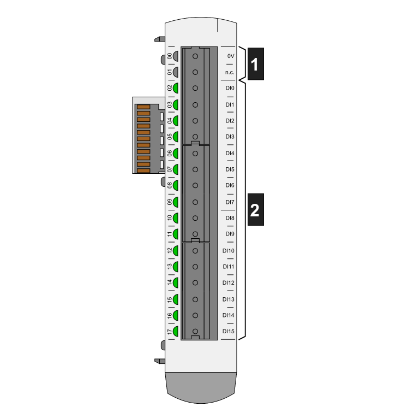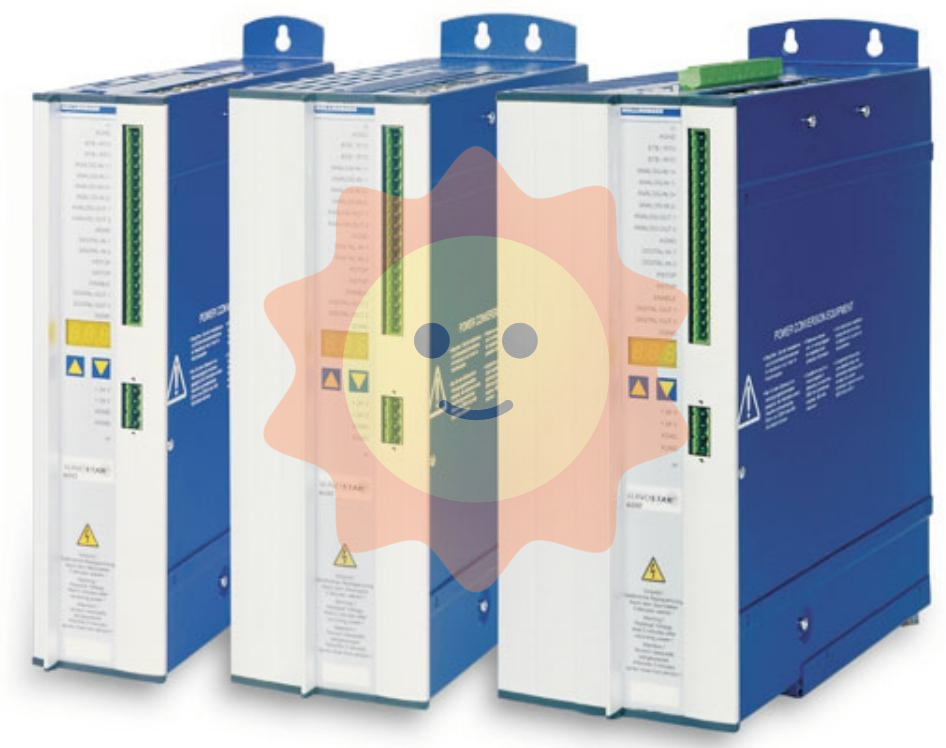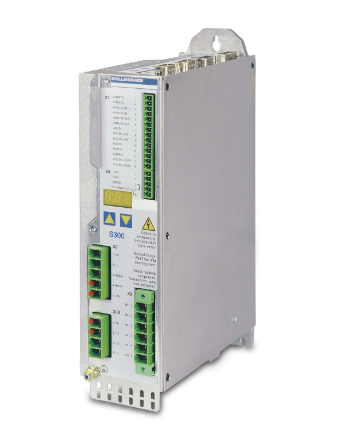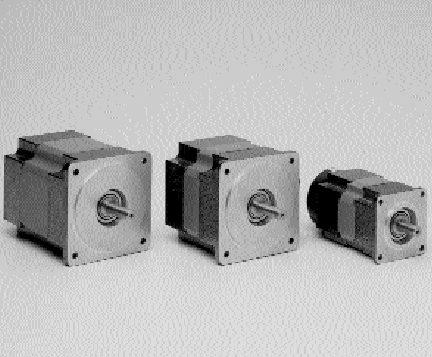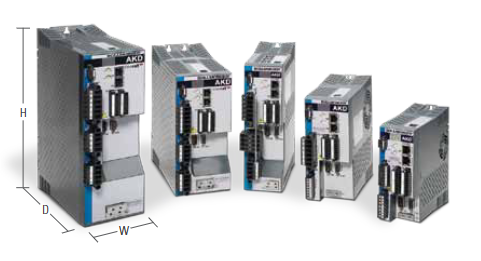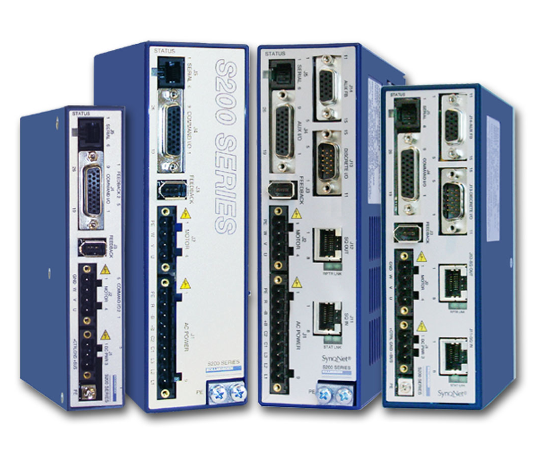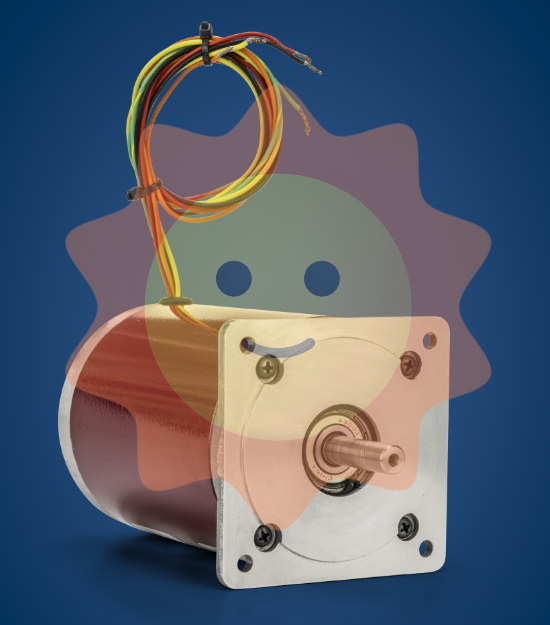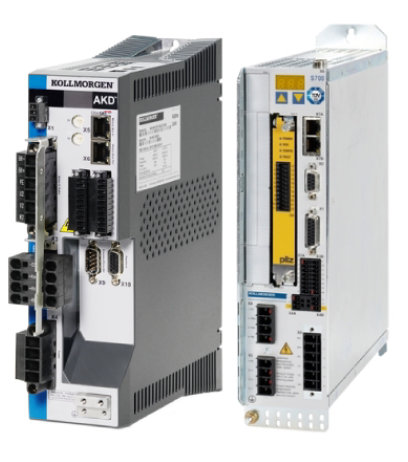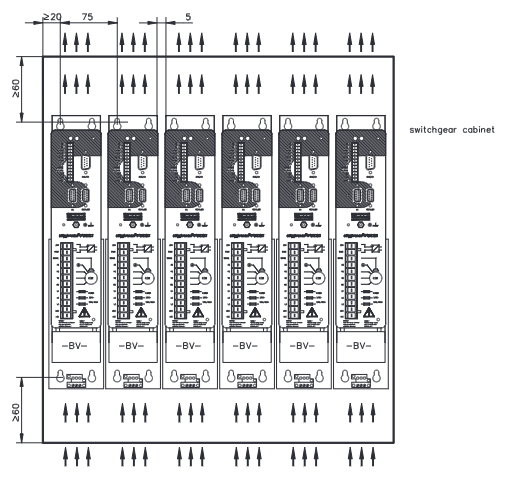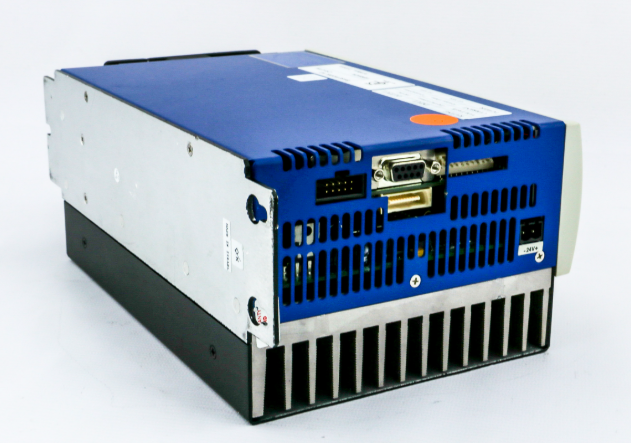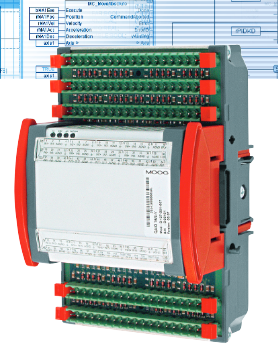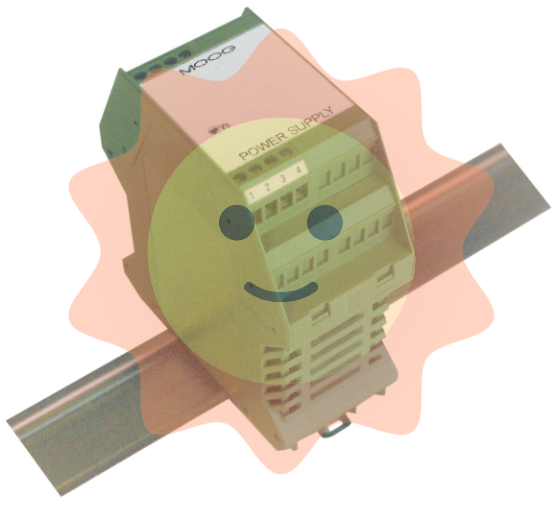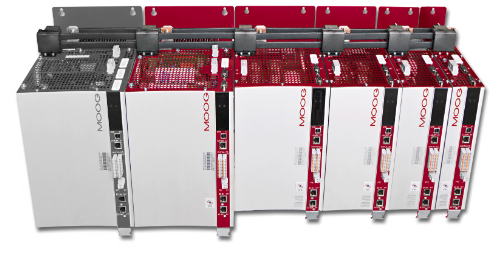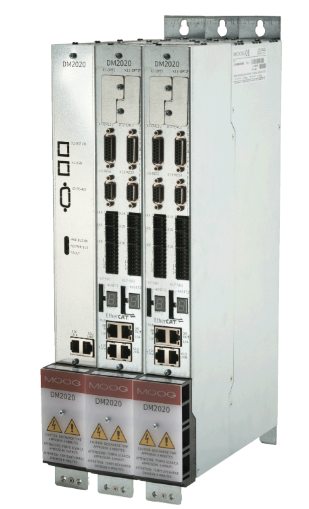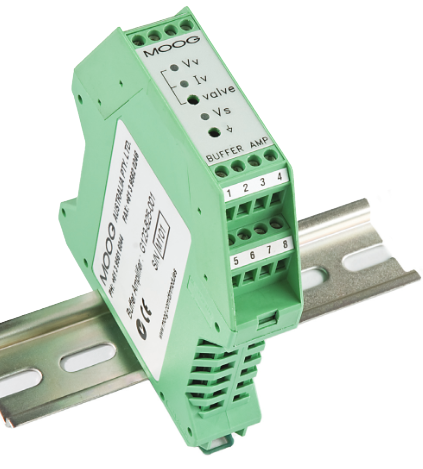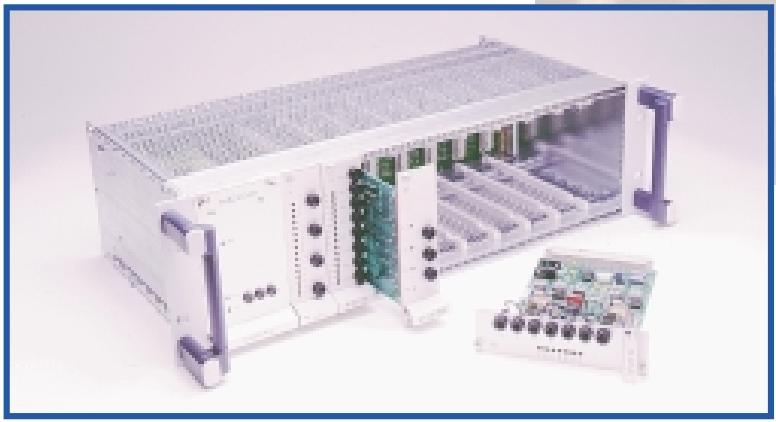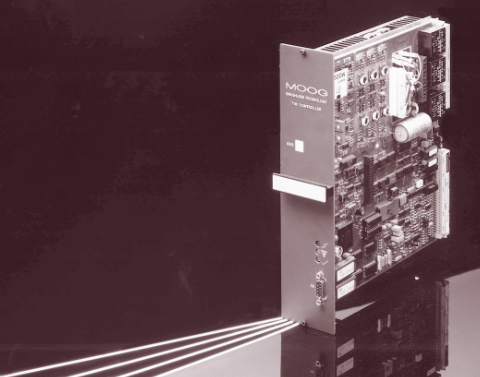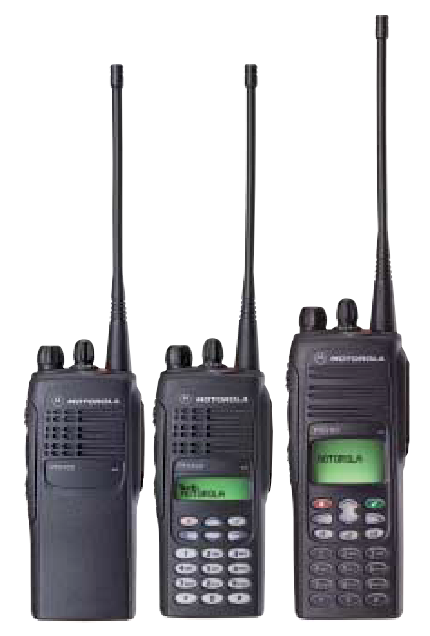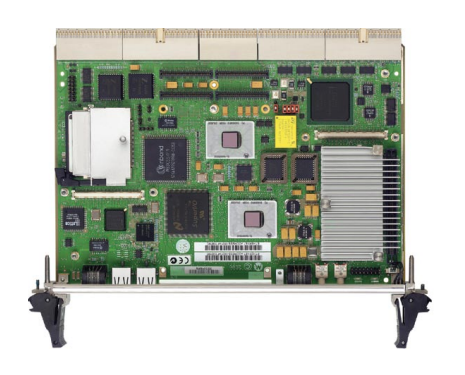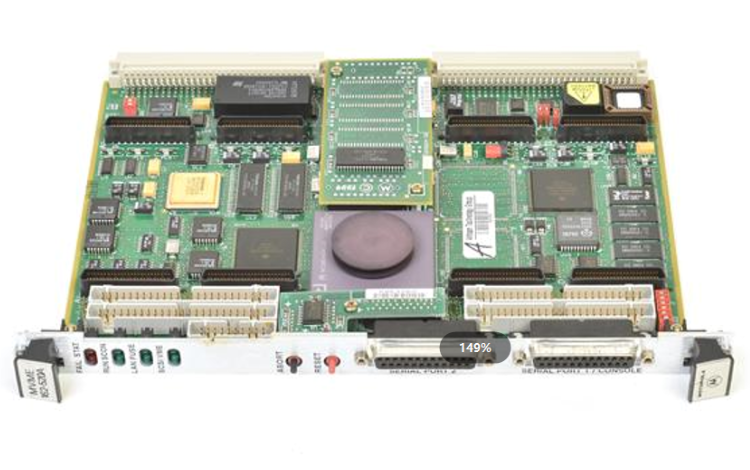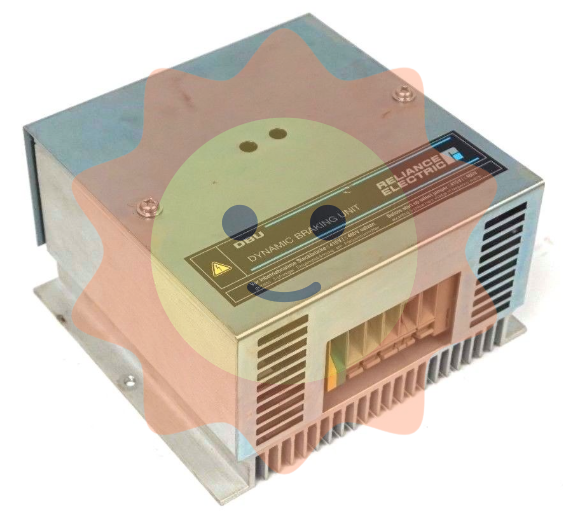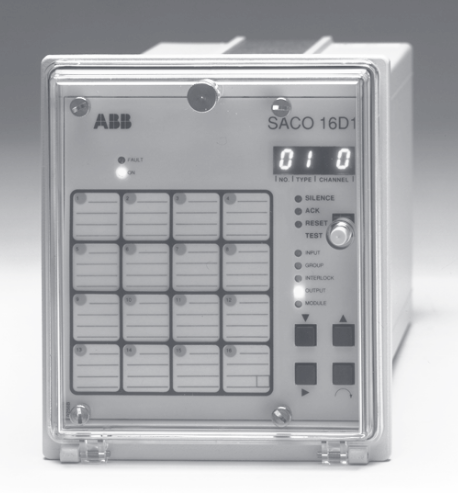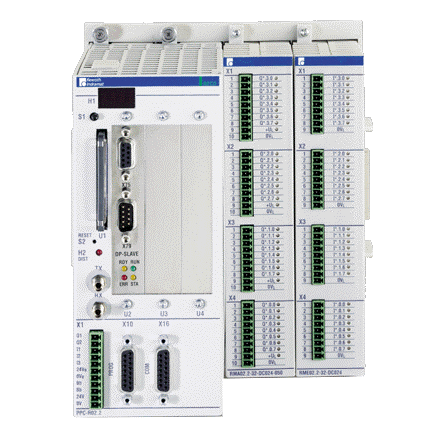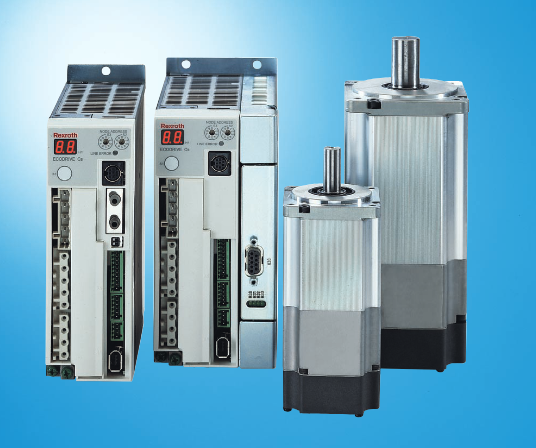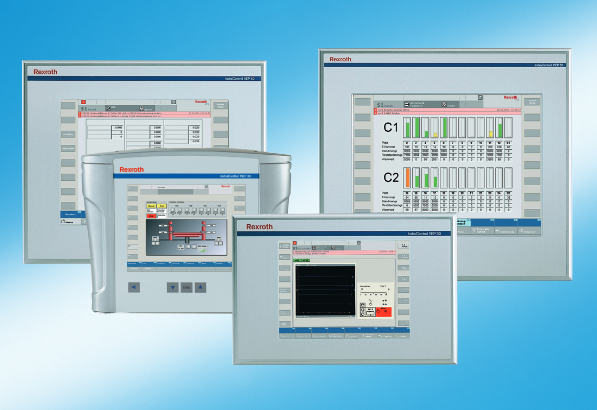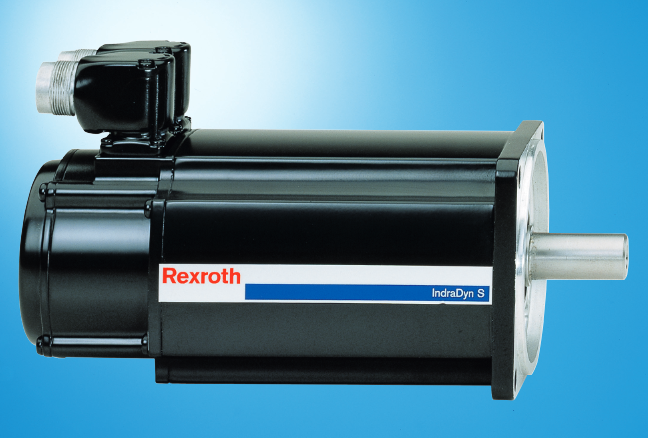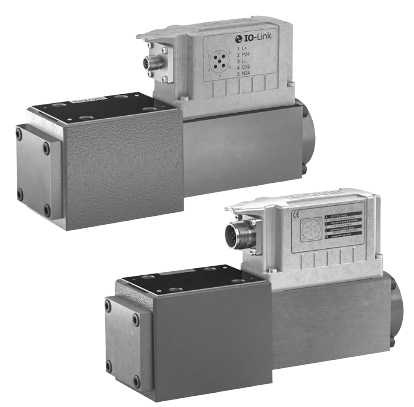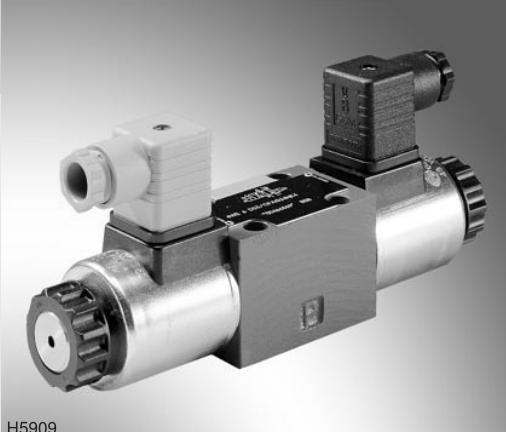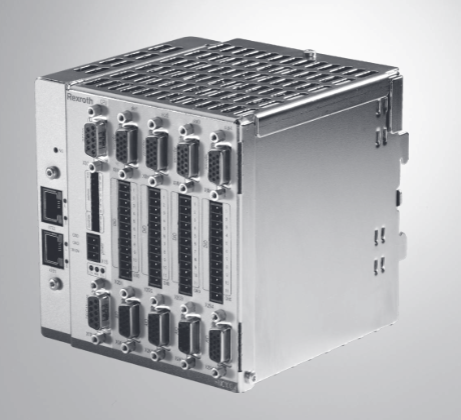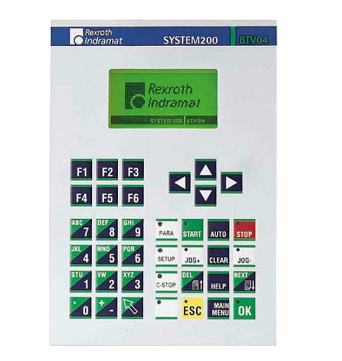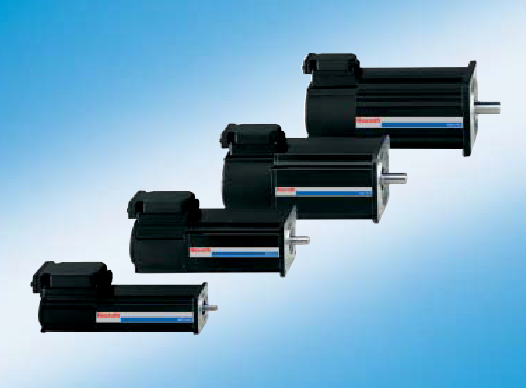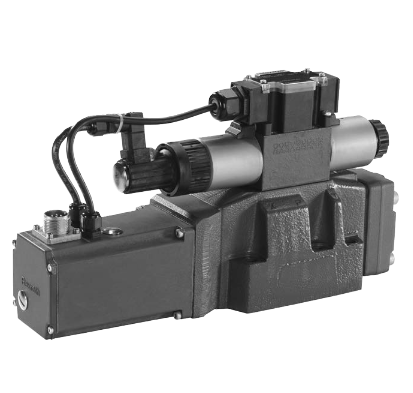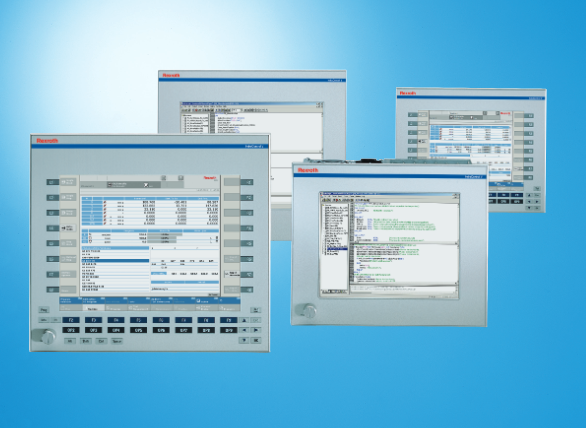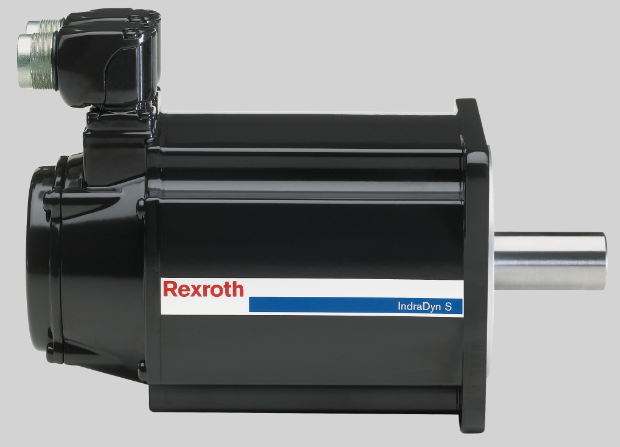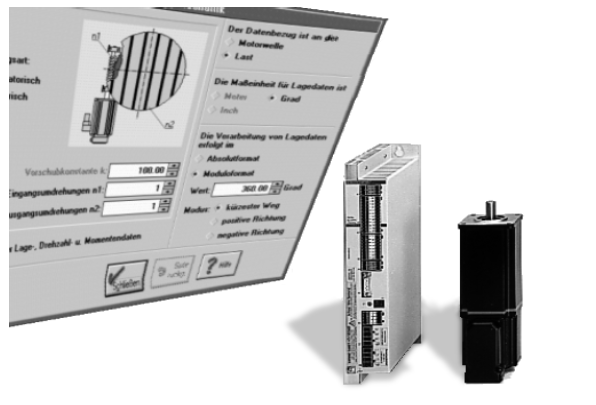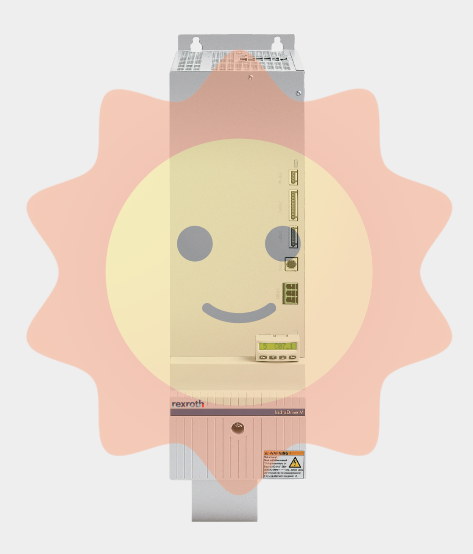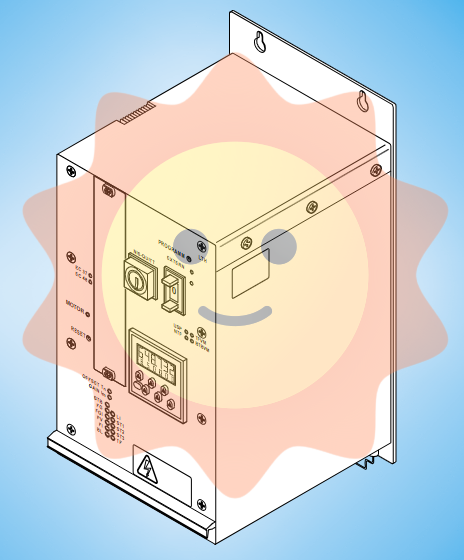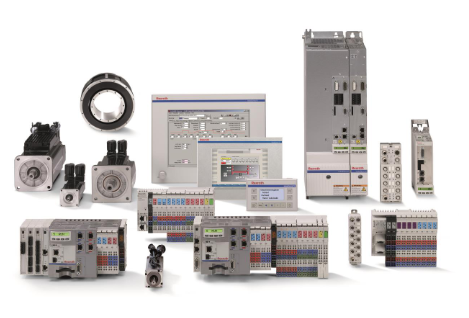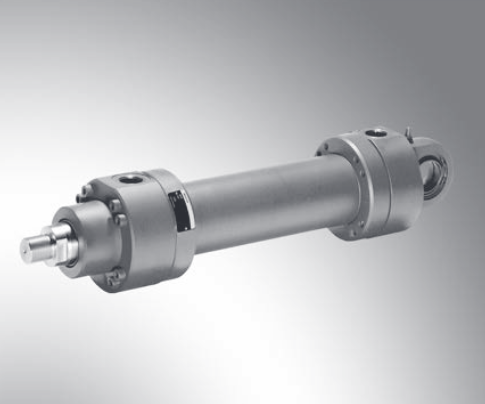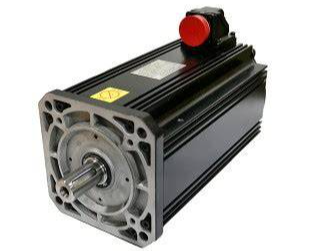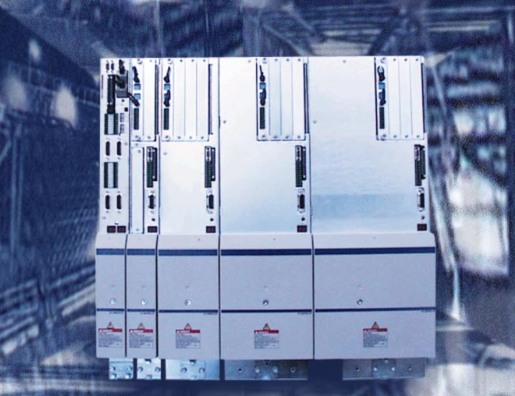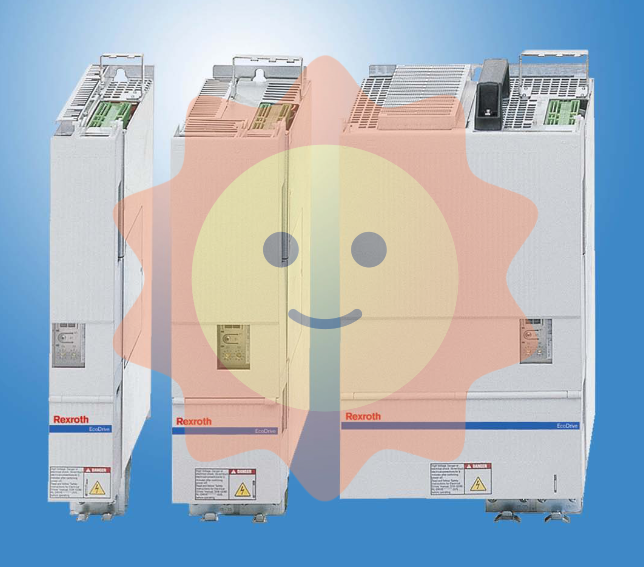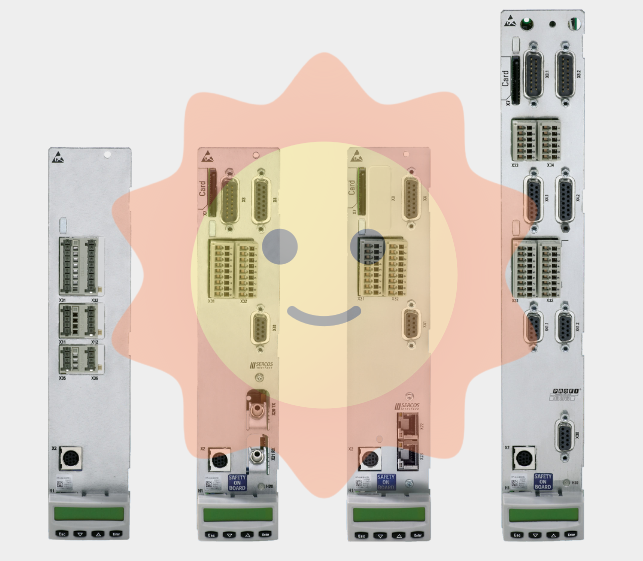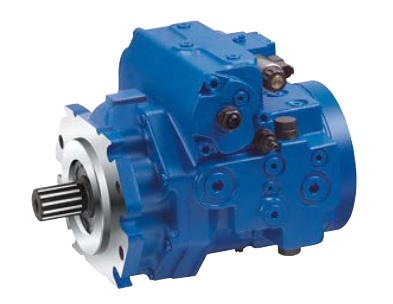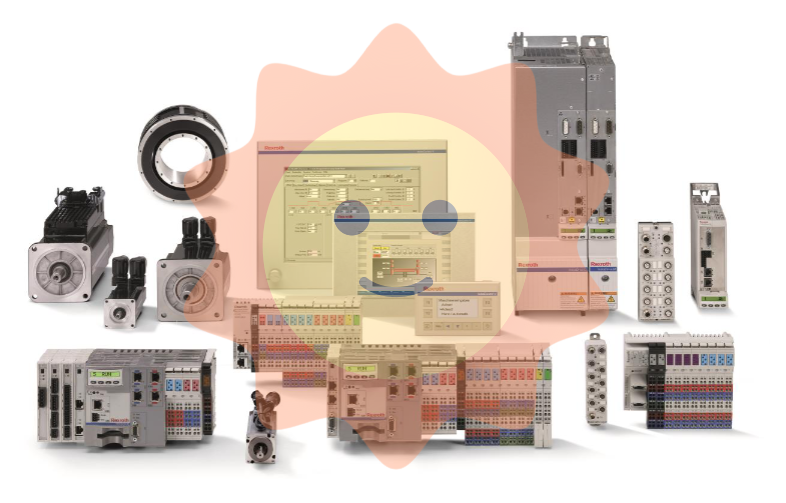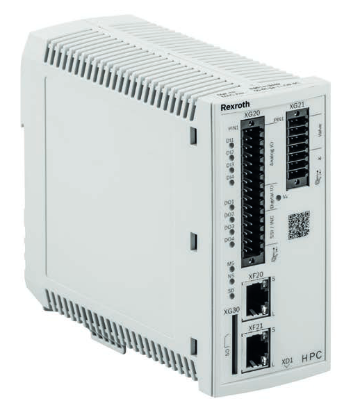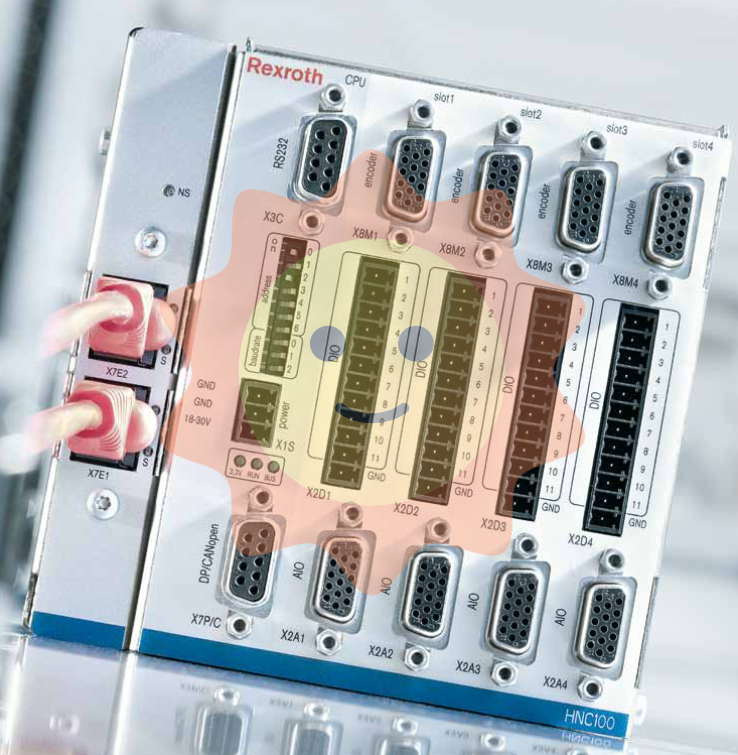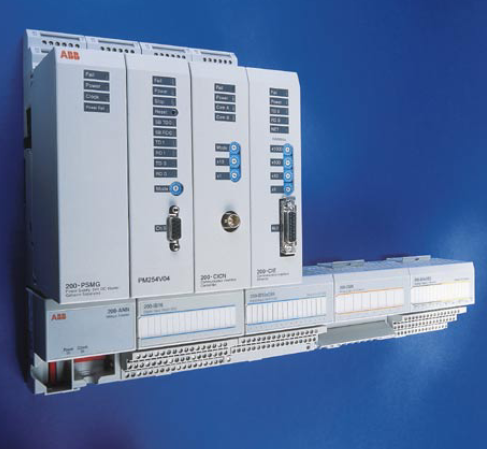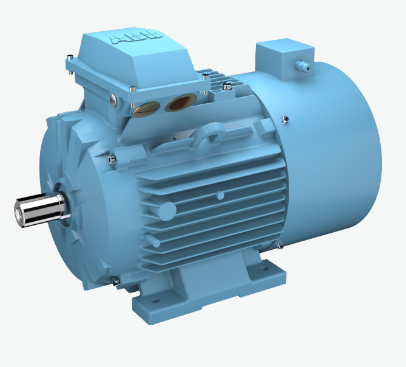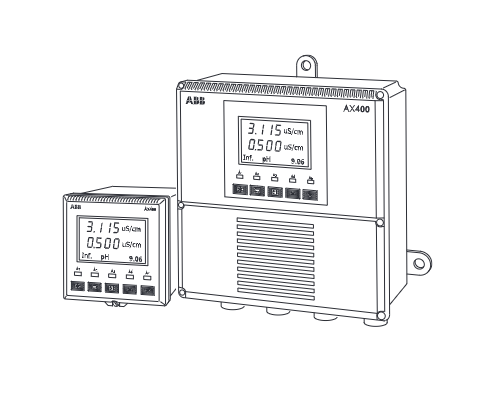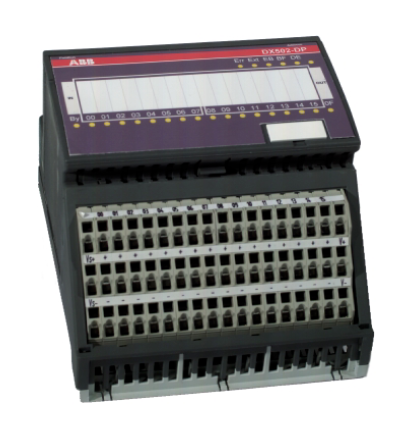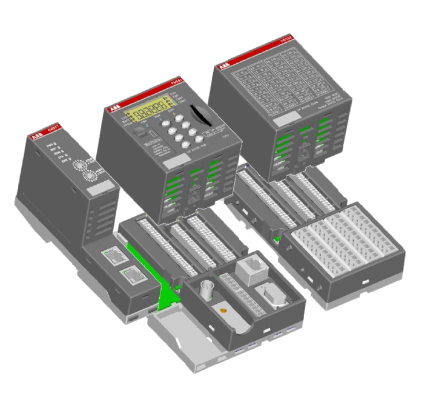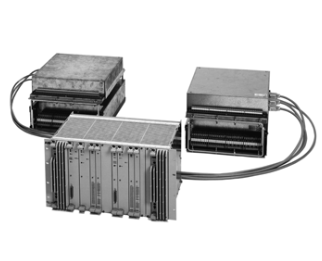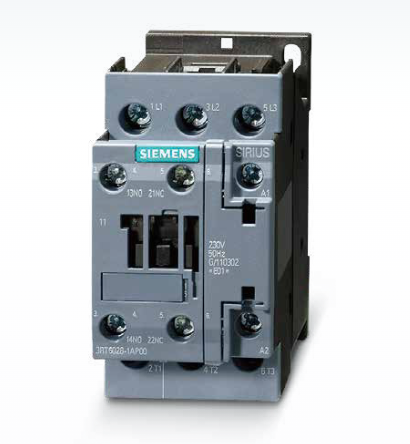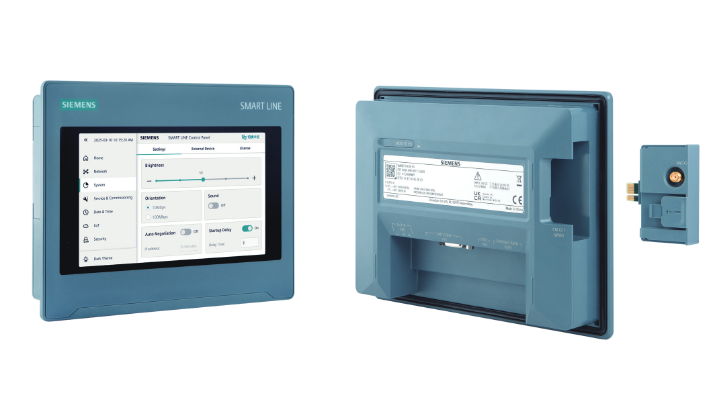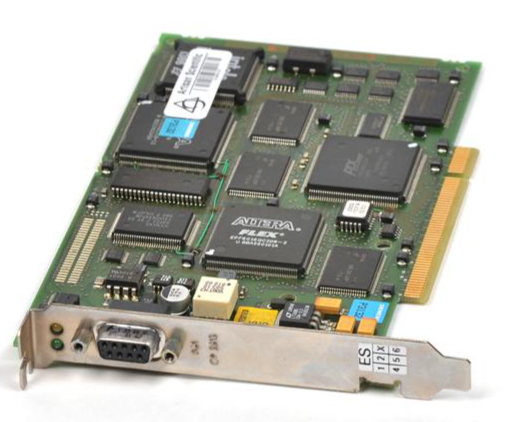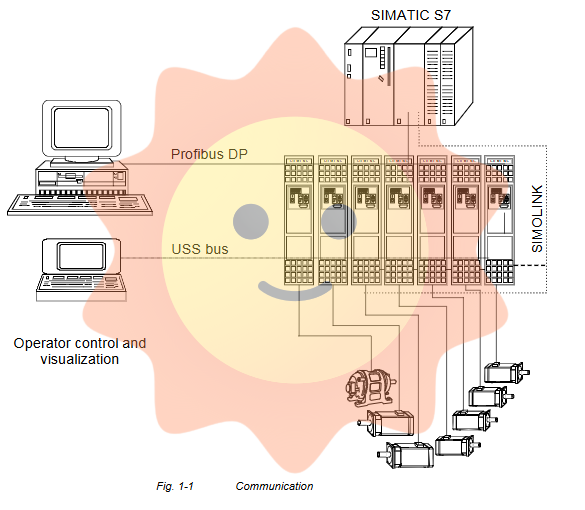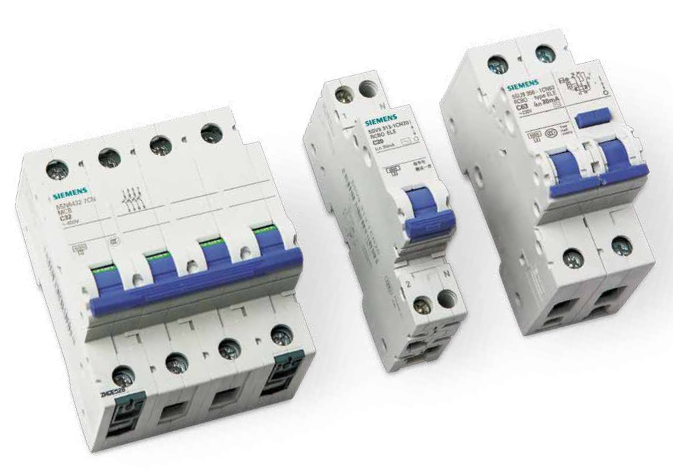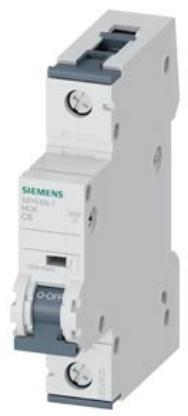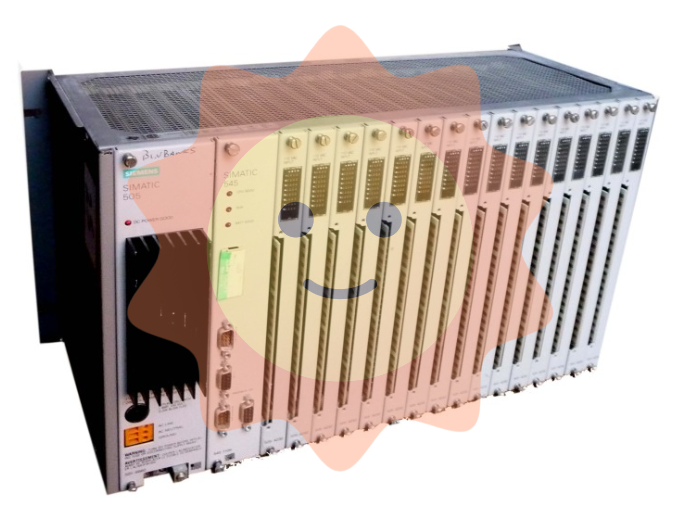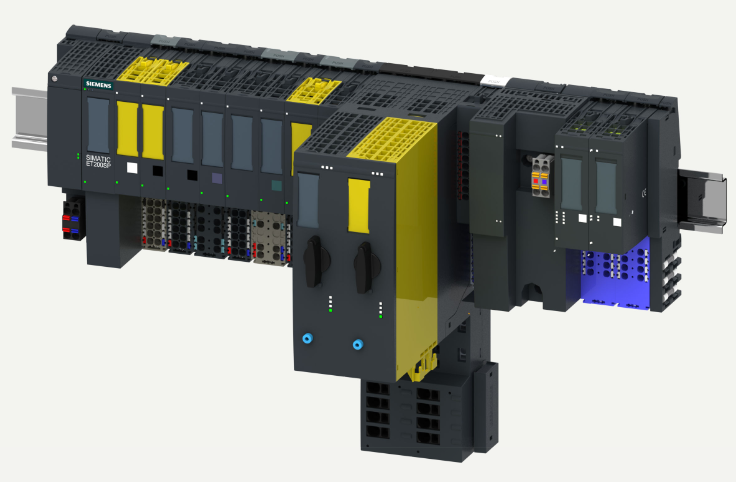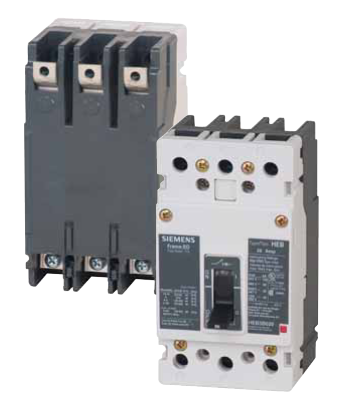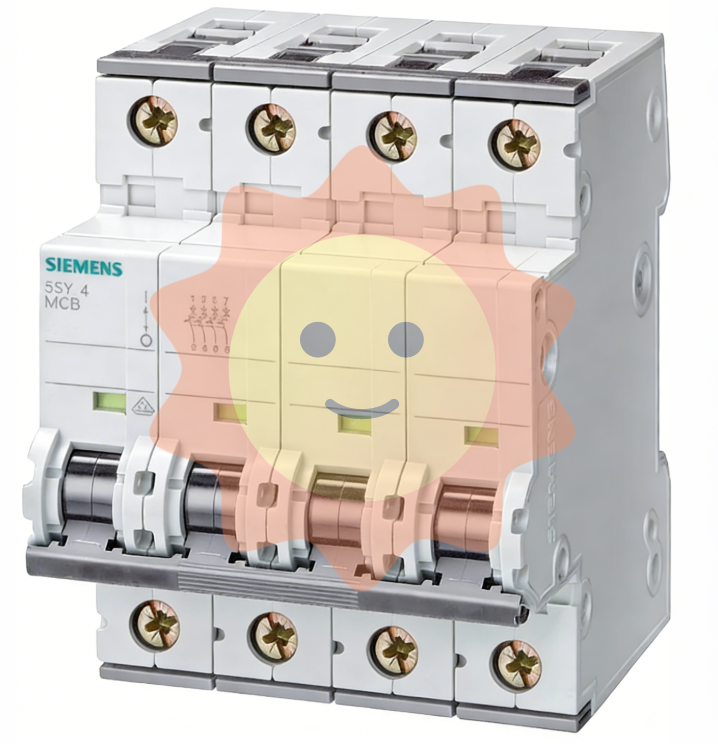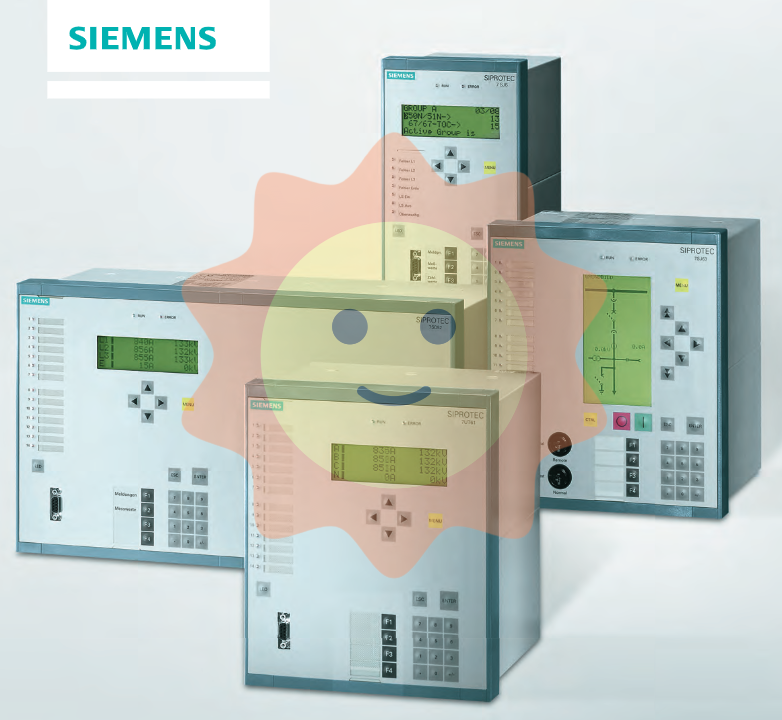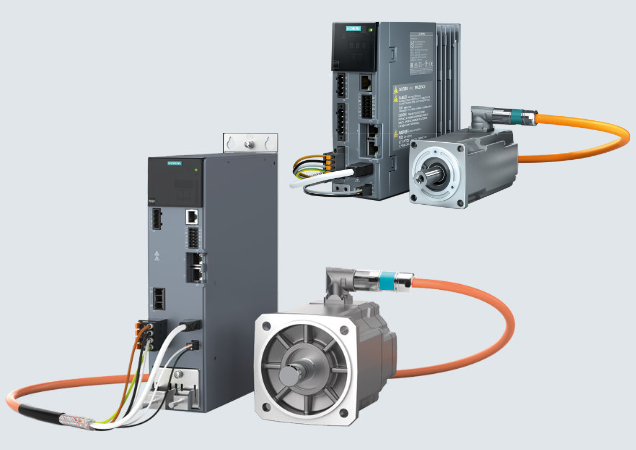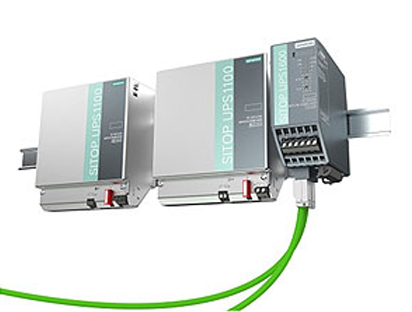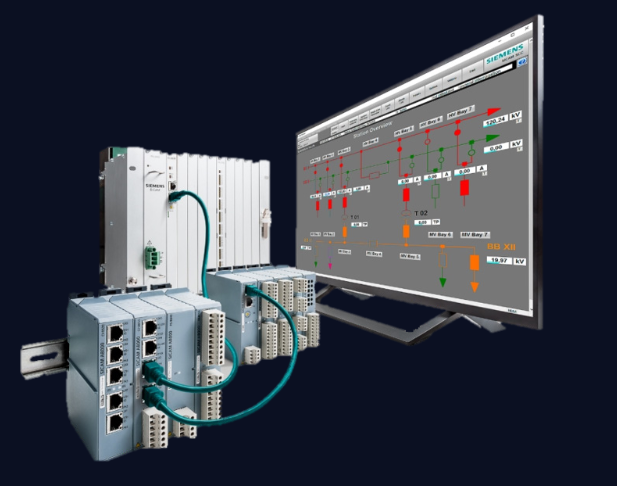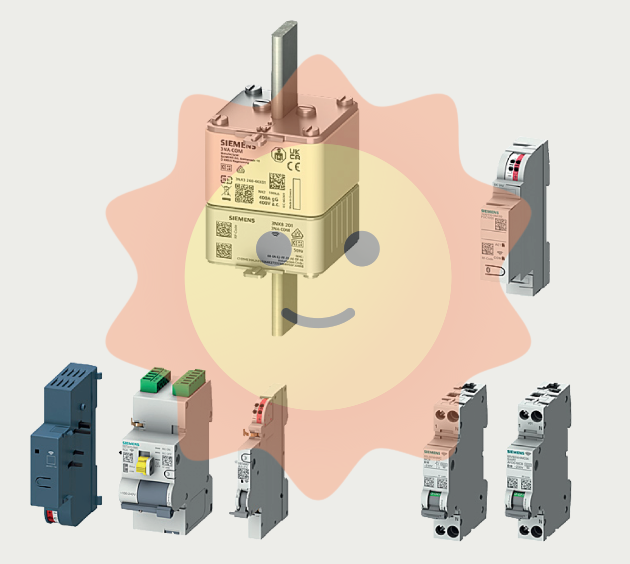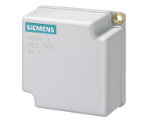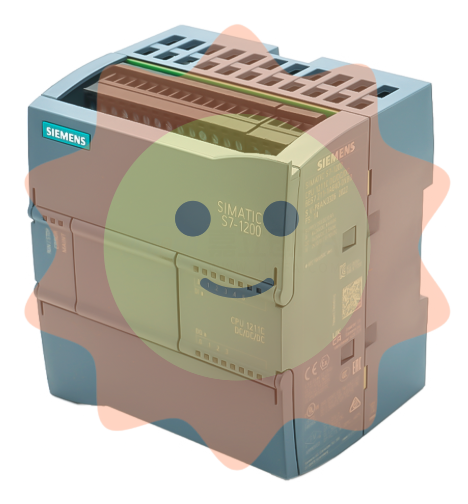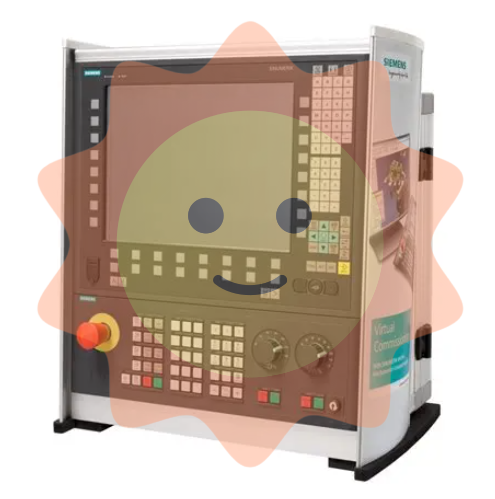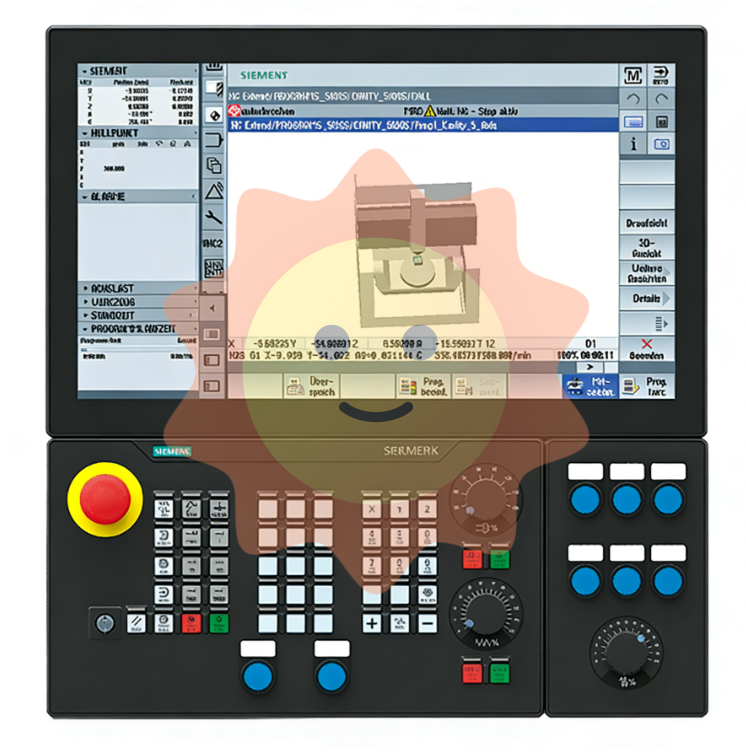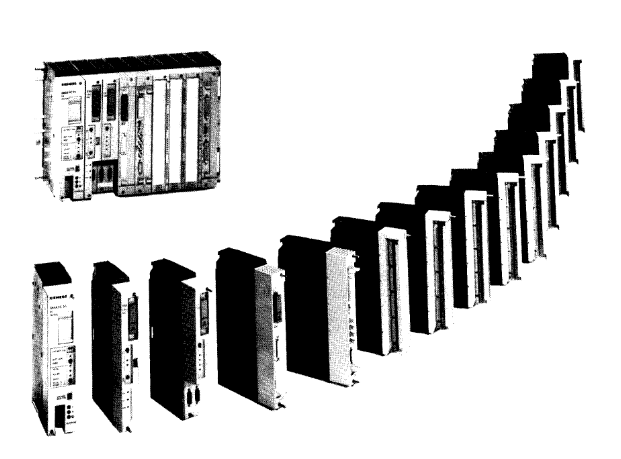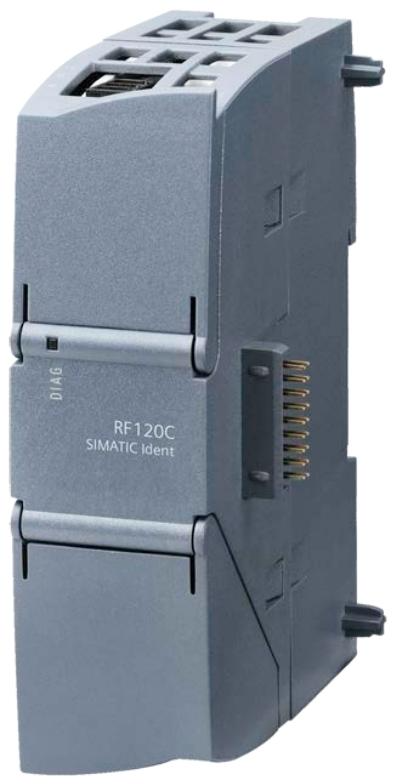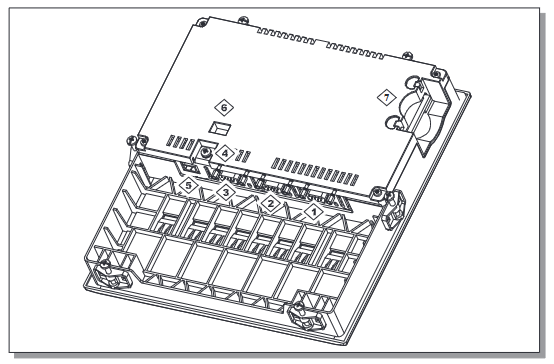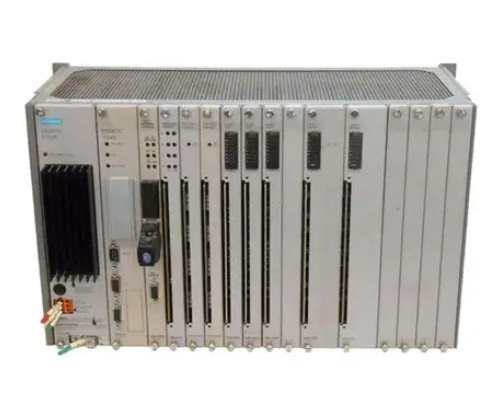ABB PFRL101C-1.0KN 3BSE023316R1002 is a radial weighing sensor designed specifically for industrial weighing scenarios, belonging to ABB's industrial automation sensing series products. With high precision, high stability, and strong environmental adaptability, it is widely used in multiple industrial fields such as material conveying, warehousing weighing, and production process control, providing reliable support for weight monitoring and data acquisition of various equipment. It is an indispensable key sensing component in industrial automation systems.
ABB PFRL101C-1.0KN 3BSE023316R1002 radial weighing sensor
Basic Product Information
ABB PFRL101C-1.0KN 3BSE023316R1002 is a radial weighing sensor designed specifically for industrial weighing scenarios, belonging to ABB's industrial automation sensing series products. With high precision, high stability, and strong environmental adaptability, it is widely used in multiple industrial fields such as material conveying, warehousing weighing, and production process control, providing reliable support for weight monitoring and data acquisition of various equipment. It is an indispensable key sensing component in industrial automation systems.
Core technical parameters
Model identification
PFRL101C-1.0KN; Order number 3BSE023316R1002
PFRL101C is the product series code, 1.0KN is the rated range, and 3BSE023316R1002 is ABB's official unique ordering identifier
Rated range
1.0KN (kilonewtons)
The maximum weight load that can be stably measured corresponds to approximately 102kg (calculated based on gravity acceleration of 9.8m/s ²)
accuracy class
Typical 0.1% F.S (full scale)
The maximum deviation range between the measurement results and the true values meets the high-precision weighing requirements of industrial grade
output signal
Analog signal (usually mV/V)
It is necessary to use a weighing transmitter to convert the signal into a 4-20mA standard signal or digital signal for system acquisition
power supply voltage
Recommended 10-15VDC (refer to the product manual for details)
Stable DC power supply is the foundation for ensuring sensor performance and avoiding voltage fluctuations that affect measurement accuracy
Working temperature range
-20℃~+80℃
Can adapt to the temperature environment of most industrial workshops. For low or high temperature scenarios, please consult the adaptation plan in advance
Protection level
IP67 and above
Capable of dust prevention and short-term immersion, suitable for humid and dusty industrial sites
Installation method
radial mounting
Special installation brackets are required to ensure that the direction of force is consistent with the sensitive axis of the sensor, reducing lateral force interference
Core advantages of the product
-High reliability: Adopting ABB patented sensing technology and high-quality alloy materials, it undergoes strict environmental aging, vibration and impact testing to ensure stable performance during long-term continuous operation and reduce maintenance costs.
-Strong anti-interference ability: Built in signal shielding structure can effectively resist electromagnetic interference and radio frequency interference in industrial sites, avoid external environmental interference on measurement signals, and ensure data accuracy.
-Easy installation: Standardized mechanical interface design, compatible with the installation dimensions of mainstream industrial weighing equipment, simple and efficient installation process, while supporting on-site calibration to reduce debugging difficulty.
-Wide adaptability: It can seamlessly integrate with ABB's full range of weighing controllers and PLC systems, and is also compatible with other brands of industrial automation equipment to meet the integration needs of different systems.
Applicable scenarios
This sensor, with its radial force characteristics and high-precision advantages, is mainly used in the following scenarios:
1. The material of the belt conveyor is continuously weighed and the conveying volume is monitored in real-time;
2. Monitor the weight of storage tanks and silos to achieve precise management of material inventory;
3. Weighing of processes in the production line, such as quantitative filling and testing in the packaging industry;
4. Load monitoring in construction machinery, such as weight feedback of cranes and loaders;
5. Hygiene grade weighing scenarios in industries such as food and medicine (requiring hygiene grade installation accessories).
Precautions for use
1. During installation, it is necessary to ensure that the sensor is evenly stressed and avoid bearing non radial loads such as lateral forces and torques, otherwise it may increase measurement errors or even damage the sensor;
2. The power supply should be stable and avoid sharing the same power circuit with high-power equipment to prevent voltage surges;
3. When wiring, it is necessary to strictly follow the pin definitions in the product manual, distinguish between the positive and negative poles of the power supply and the signal output line, and avoid component burnout caused by reverse connection;
4. Regularly calibrate the sensor (recommended every 6-12 months), using standard weights or professional calibration equipment;
When used in harsh environments (such as strong acids, strong alkalis, high temperatures, and high humidity), additional protective measures should be taken to extend the service life of the sensor.
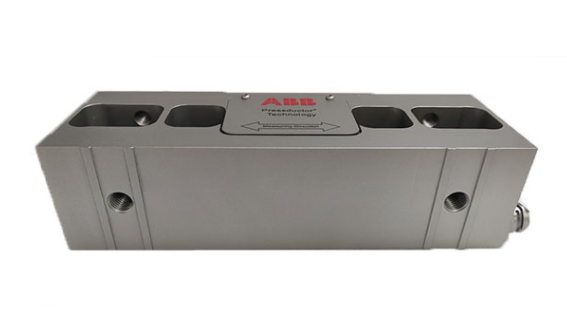
- User name Member Level Quantity Specification Purchase Date
- Satisfaction :
-










